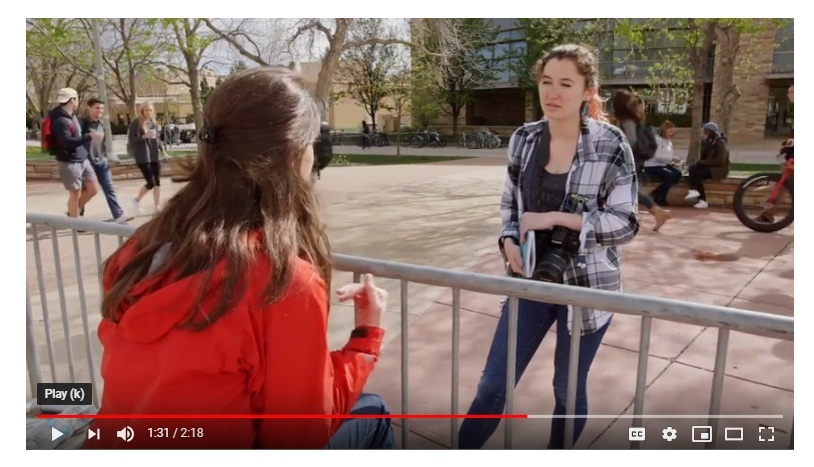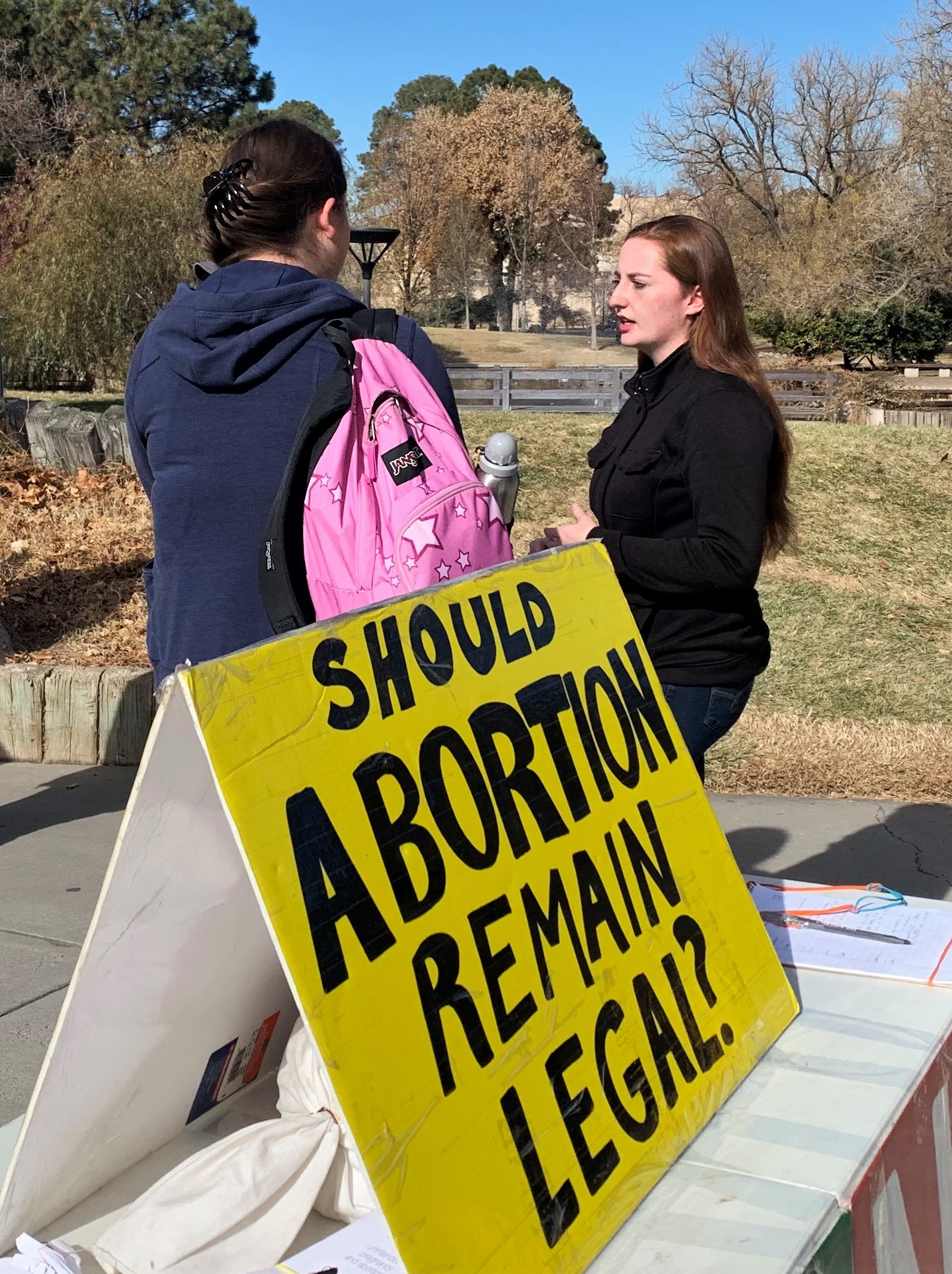Ian: Americans are so weird! In my country this isn’t even a conversation! If a woman wants an abortion, she can get it done on Monday and be back to work on Tuesday, and no one will give it a second thought. There’s no conversation to be had; it’s a simple right. There’s no argument, and talking about the fetus isn’t even relevant to me, because women have the right, as humans, to abortion.
Ian shared with me that he came from England, and that abortion is entirely accepted in most of the UK. It’s covered by the universal health care program there. He had never considered whether it should be illegal, or whether it could be wrong and not the fundamental right of a woman.
Grace: Ian, I know it may be a little weird, but would you be willing to take a step out of your worldview and try to consider the perspective of an American who thinks that abortion should not be legal?
Ian: Sure, I’ll give it a try.
Grace: Thank you for being willing to consider this with me. Imagine that instead of abortion, we are talking about racism, and our whole country embraced racism and the mistreatment of people of color. If this were the case, would it not be our moral obligation to question our laws? If you and I, as people with light skin, had lived during the time of the civil rights movement, would we not have been obligated to march alongside people of color, even if we hadn’t experienced racism firsthand?
Ian: Of course we would have had an obligation to march alongside them to fight for their rights!
Grace: I agree. So then to tie this back to the topic of abortion, if the unborn are also human, with equal rights to you and me, then don’t we have an obligation to speak out against the injustice of abortion? Don’t we have that obligation even if our whole country and culture embraces abortion as a woman’s right?
Ian: That’s a very good point. I’ve never thought about it that way before. We absolutely have an obligation to stand up for those who are being unjustly treated. I can totally understand your beliefs now and why you’re so passionate about this. I just still don’t think that the fetus is human early in the pregnancy.
Grace: That’s really helpful to know; it helps me to understand you better. Thank you for sharing that. When would you say that we become human? [I then pointed to the embryology pictures on our kiosk.]
Ian: Whoa! That is a question I have absolutely never thought about before. If we choose seven weeks, which is 49 days, then why not 50? What could possibly change so much on the 50th day that it would then be wrong to get an abortion? I really can’t answer your question. Hah! I’m going to be thinking about this for the whole rest of my day now!
Our conversation caused Ian to pause and consider something he had never considered before — one central question regarding abortion: “Is the unborn a human being?” Taking a good, long look at this question (and the more specific question, “precisely when in pregnancy?”) has the potential to remove the blinders from his eyes. What strikes me about Ian is that he had been completely indoctrinated by his culture. Sometimes, this can be a good thing. For example, if someone is indoctrinated to think that it is wrong to steal, this is a very good thing. On the other hand, if the indoctrination is a normalization of evil, like racism or sexism or abortion, then we have a grave problem on our hands.
So I would agree with Ian, that Americans are weird, because we live in one of the only first-world countries that even has an ongoing debate about abortion. We’re weird because we care. We care about the injustice that is going on in the world today, that there are tens of millions of abortions happening worldwide every year. We’re weird because there are still many Christians in America who take a stand for their beliefs, whereas many Christians in other countries have fallen silent. We still believe that God made man in His image, and that that is where our value comes from. If human beings have value, then it is wrong to kill them. There are enough of us who care in America that we are willing to speak out, and our voices are heard echoing around the world.














